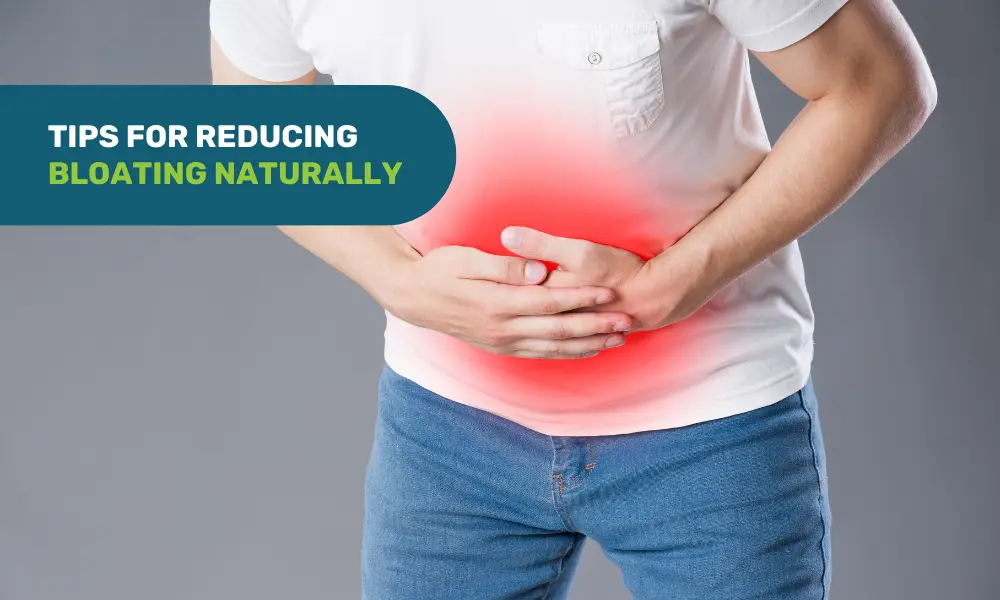Many of us struggle with digestive disorders like gas and bloating post meals. Experiencing excessive gas and flatulence can be uncomfortable. While a timely remedy may aid the solution, long-term dietary changes are essential to minimize bloating issues.
Flatulence can be a symptom of digestive system disorders, like irritable bowel syndrome. One can resolve morning discomforts by reconsidering breakfast choices.
One must opt for a morning meal that sidesteps the usual suspects known to stir up excess gas and flatulence. While high-fiber cereals, beans, and lentils are nutritious, but their fiber and complex carbohydrates can sometimes lead to unwanted gas/flatulence.
-
People with frequent bloating issues must watch out for cruciferous vegetables like broccoli, cauliflower, and high-lactose dairy products, as they might cause stomach problems.
-
One must include herbal teas, spinach, low-fructose fruits, and cooked vegetables, as these foods provide a gentler impact on the digestive system.
-
One must avoid consuming too many fried and oily foods and artificial sweeteners in sugar-free items.
-
Carbonated beverages add more air to our stomachs, making us feel bloated. Therefore, all carbonated drinks must be avoided.
-
Processed breakfast foods and high-sugar options must be avoided as they contribute to digestive distress.
Certain food types should be avoided in breakfast to reduce bloating.
-
Excess coffee, tea, especially with milk: Coffee and tea, mainly when consumed in excess, can be acidic and may stimulate the production of stomach acid, leading to increased gas. Milk can contribute to lactose intolerance, causing digestive issues. One must consider substituting these beverages with herbal teas or limiting coffee intake.
-
Cauliflower and cabbage: Cruciferous vegetables like cauliflower and cabbage contain complex carbohydrates that are challenging to digest, leading to gas production. One must limit their intake or opt for alternative vegetables like spinach or zucchini.
-
Apples and pears: These fruits are high in fructose and fiber, which can cause bloating and gas. One must try replacing them with low-fructose fruits like berries or melons for a gentler impact on digestion.
-
Raw cucumber and onions: Raw vegetables, especially those with high fiber content like cucumber and onions, may be difficult to break down, causing gas. One must consider cooking or opting for cooked vegetables like steamed carrots or bell peppers.
-
Corn: Corn contains cellulose, a fiber that can be challenging for the digestive system. If corn triggers discomfort, replace it with alternative grains like quinoa or rice. Formation of intestinal gas is a normal part of digestion. However, excessive gas and flatulence can be caused by a sudden switch to a high-fiber diet.
Excluding food items from breakfast like excess coffee, cruciferous vegetables, high-fructose fruits, raw vegetables, and corn can significantly alleviate digestive discomfort. These foods contribute to increased gas production and may be challenging for some individuals to digest.
In a Nutshell:
Everyone’s tolerance is different, so it is wise to consult a dietitian or healthcare professional for personalized advice based on an individual’s unique needs and health conditions. With a few mindful tweaks to our breakfast routine, we can bid farewell to excessive gas and start our day on a much more comfortable note. Moreover, one must strive to promote overall digestive health by staying adequately hydrated, chewing food thoroughly, and incorporating probiotic-rich foods.





